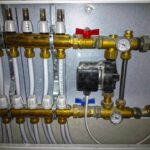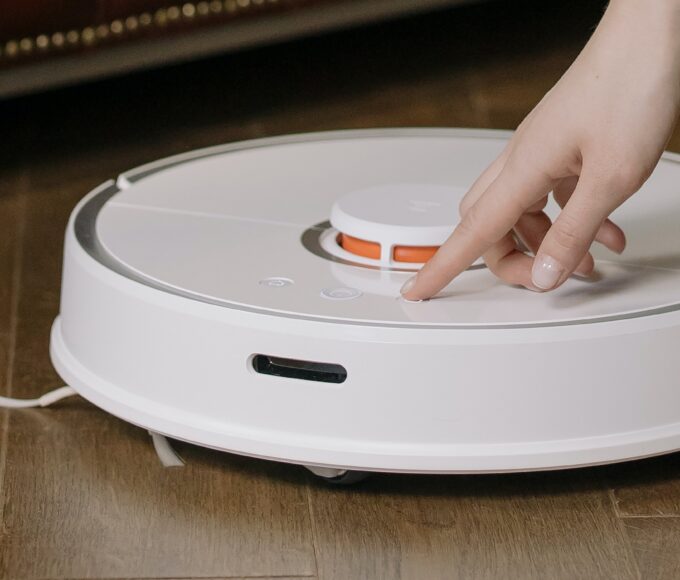
What do you think is a heat pump water heater?
There’s nothing quite like a warm shower to start the day off on the right foot, but have you ever considered the amount of energy required to heat the water? Traditional water heaters are notorious for their high energy consumption, and with energy costs on the rise, finding an efficient solution has become more critical than ever. Fortunately, a technology can help – the heat pump water heater.
So, what exactly is a heat pump water heater? Simply put, it’s a type of water heater that uses electricity to move heat from the surrounding air into the water tank, rather than generating heat directly. It works similarly to an air conditioner, except in reverse – instead of extracting heat from the air and venting it outside, a heat pump water heater captures the heat and transfers it to the water.
One of the most significant advantages of a heat pump water heater is its energy efficiency. Using ambient heat from the air, it can heat water three times more efficiently than a traditional electric water heater, which means lower energy bills and a reduced carbon footprint. Additionally, you don’t have to worry about its risks, since a heat pump water heater doesn’t rely on combustion to generate heat, there’s no risk of carbon monoxide emissions.
Another benefit of a heat pump water heater is its versatility. You can use it in a variety of settings, including residential homes, commercial buildings, and even swimming pools. And with a lifespan of up to 15 years or more, it’s a long-term investment that can provide reliable hot water for years to come.
Of course, like any technology, there are some considerations to consider when choosing a heat pump water heater. You should use it in areas with moderate to warm climates, as colder temperatures can reduce its efficiency. Additionally, it may have a higher upfront cost than a traditional water heater, although long-term energy savings can offset that expense over time.
Recent Posts
Best Smart Light Switch For Google Home
6th May 2023Best No Hub Smart Bulbs For Alexa And Google Home
6th May 2023How to connect smart light to google home
6th May 2023Best 2 burner induction cooktop built-in
29th April 2023Related Articles
DIY workstation sink at home
Setting up a workstation sink at home can be a great addition...
ByOlaoluwa Johnson T.10th April 2023How To Use An Induction Cooking For Dummies
Have you been looking for the best ways to use induction cooking...
ByOlaoluwa Johnson T.10th April 2023How to choose the right vacuum cleaner for your home
How to choose the right vacuum cleaner for your home can sometimes...
ByOlaoluwa Johnson T.2nd April 2023Three things needed to prevent a fire from occurring in your home
As the world advances, so do the numerous challenges we face. A...
ByOlaoluwa Johnson T.12th March 2023









